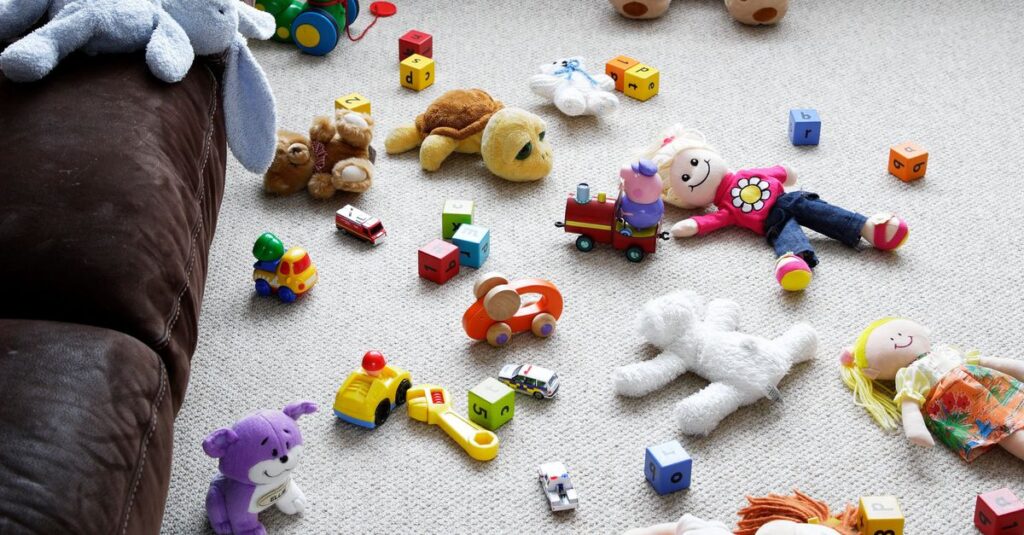Finally or endlessly, it just depends on how you look at it: in recent years there seems to be a wave of mother books, whether republished or not. Novels and personal essays in which motherhood, the mother’s body, and becoming a mother play a major role. Think: Primal soup from Bregje Hofstede, The only child from Guadalupe Nettel, A ghost in the throat by Doireann Ní Ghríofa. What is the situation with literary fatherhood? The idiosyncratic Chilean essayist and novelist Alejandro Zambra (1975) – three years ago he published the great (step)father novel Almost a father – also wondered the same thing when he himself became Silvestre’s father. With his eclectic new book Father tongue he tries to fill a void. “Literature has given up almost all the space for reflection that fatherhood requires to the self-help sector,” he writes. And: ‘The literary tradition is full of ‘letters to fathers’, but ‘letters to sons’ are few.’
Your sentimental light body
Zambra also tries to understand his own fatherhood. That concept takes many forms; for example, the first part of the book consists of short notes with numbers above them: the days his son is old. Some notes are small, numbered essays, such as number 209, from which the above quote about ‘letters to sons’ comes, or number 96, which contains a small musing on stepfathers (and probably formed the seed of Almost a father). Others are more aphorisms: “Anyone who has ever raised a child knows that the word ‘happiness’ inexplicably rhymes with the word ‘back pain’.” Still others can only be classified as sentimental kitsch: ‘Your light body competes with the wind and overcomes the motionless hammock.’ And then Zambra also closes that chapter with a very sweet poem (‘Just a year ago/ your early life began/ how quickly it has gone’).
It’s not that the writer doesn’t know what he’s doing. He (unfortunately) simply has no choice. “In my opinion,” writes Zambra, “to this day many authors would rather be ignored than risk being seen as sentimental or vulgar […] So what do we do with that wonderful and inherently stupid feeling of satisfaction when we see our child stand up or talk for the first time?’
After Silvestre’s first year, Zambra seems to be recovering. In the essays that follow, he writes entertainingly about the question of when children start to remember something, about screen time (Silvestre is raised with the idea that the TV at home is broken), he advocates for children’s literature and wonders how people without children cope. were able to survive the first year of the pandemic for heaven’s sake. In a chapter about (many) more children’s names, in which Zambra’s playful spirit is contagious, he writes about his alter ego Jennifer Zambra; that’s what he would have been called if he were a girl.
Corporality
The second part of the book starts quite wonderfully, with a novella about two boys who form a deep friendship, one of whom has no father. A fascinating but also somewhat sweet story – perhaps a story for children, like the sweet poems in Father tongue also seem intended for the child’s eye. Possibly an answer to the Italian publisher who once told Zambra that she thinks he is more of a writer for children than for adults. Or an elaboration on his own plea for the appreciation of children’s literature. Within two covers it requires some adaptability from the reader, who not much later is thrown into an extremely mature essay about Zambra’s bond with his own father, for example. It’s all a bit unbalanced. And I don’t know whether the fact that young fatherhood also has something unbalanced can explain that.
This father’s book is less physical than many of the mother books currently doing the rounds. Zambra, who is truly tired and madly in love with his child and, like many writing mothers, temporarily more patchy, of course did not give birth to his son or breastfed him. Please note, this is not a qualitative comparison, or a moral judgment, or a competition to see who has it heavier, rather it is a difference that I wonder if, if more fathers started writing about fatherhood, it would make a difference. to stay. It could also be that Zambra simply doesn’t like writing about the body, preferring to focus on language.
There is one moment in which the bodies of father and son mirror each other in a striking way. When Zambra himself (in a painfully hilarious chapter) high on too high a dose of mushroom chocolate (a small dose would help with the unbearable cluster headaches he suffers from) is only able to crawl across the floor, the first thing he does is thinks that his son also learns to crawl. Just as everything (football, love, language, literature) in those first few years of his fatherhood always leads to Silvestre, and via Silvestre sometimes back in time, to Zambra’s own father, to ultimately end up with Zambra himself; the man who does not really know his own father and wants to make himself known as a father, not only to himself or the reader, but especially to his own son. Of Father tongue Zambra, albeit a bit excessively, does indeed fill part of the father’s book gap.
